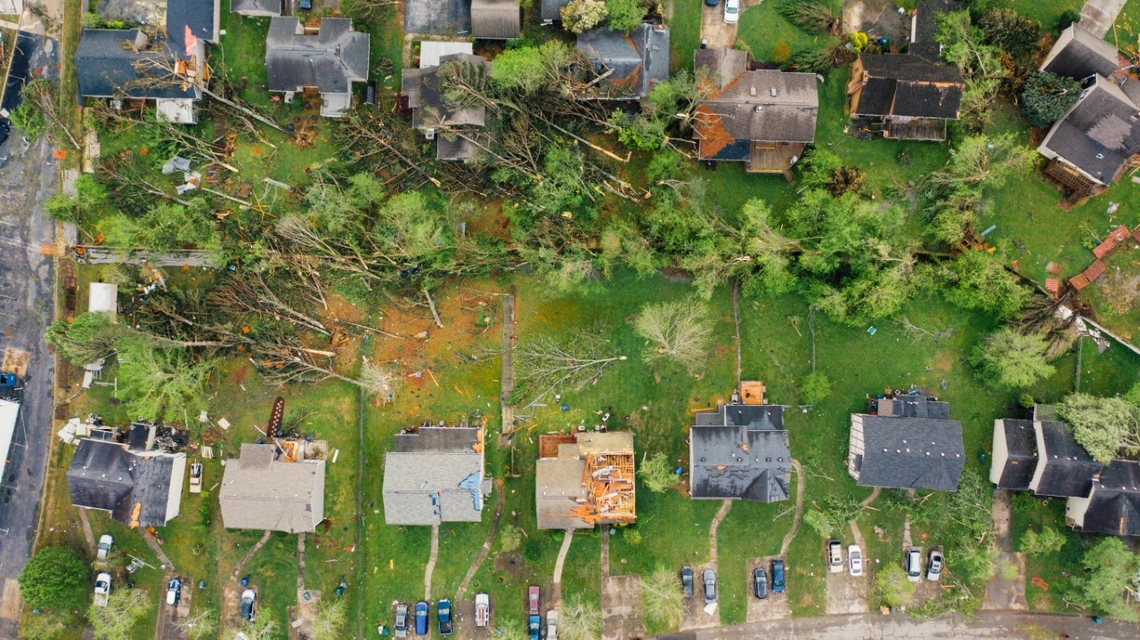MDP Students Serve as Core Team Members of UA Humanitarian Assistance Project

The Humanitarian Assistance Technical Support (HATS) Project is a global initiative at the University of Arizona designed to support the U.S. Government's commitment to prepare for and respond to international humanitarian disasters. The U.S. Agency for International Development (USAID) funds HATS through its Bureau of Humanitarian Assistance (BHA), formerly known as the Office of Foreign Disaster Assistance.
Within the BHA, three UA faculty from diverse discipline provide direct technical assistance to the Bureau’s mission; here at the University of Arizona, a core team led by Dr. Tim Finan supports BHA to actively engage with a diverse and interdisciplinary pool of expertise and experience to find innovative strategies and solutions to reduce global disasters' causes and impacts.
HATS takes a holistic approach to the many complex and interrelated factors of disaster and humanitarian assistance, including climate change, public health, economics, food security, and knowledge management that directly impact vulnerable populations. Believing that solutions to these pressing problems cannot be made in research silos, the HATS team has created a vibrant community of practice among students, faculty, and professionals that contributes and works collectively around the many dimensions of disaster preparation, response, and recovery.
Since its launch in 2020, three Masters in Development Practice (MDP) students have formed a part of the core team: Heather Altherr (' 21), Robert Riley (' 21), and Jake Meyers (' 20). Under the leadership of Dr. Finan, the MDP students have been instrumental in laying the foundation for the HATS Project with the following activities:
- Developing a website that acts as a hub to bring people, ideas, and solutions together.
- Crafting a monthly online newsletter highlighting faculty and student work related to natural disasters and humanitarian assistance and their achievements and research.
- Building an online library accessible through the website that contains a repository of research resources that students and faculty can access.
- Compiling a listing of available courses across the university for both undergrads and grad students interested in disaster management, humanitarian issues, and related themes.
- Identifying faculty who have relevant expertise in climate change and global environmental change, global health, hazard forecasting, food security, and disaster knowledge management to be part of the HATS project network.
- Reviewing a database tracking thirty years of disasters requiring assistance. Disasters will be organized by geographical location and severity and presented on an online mapping platform.
- Contributing to a research agenda that bridges academic theory with applied perspectives on disaster recovery, climate change and migration, and multiple shocks.
The HATS Project presents opportunities for collaboration between students in the MDP program, faculty across campus, and professionals within the field of disaster management and humanitarian assistance. It has enabled the MDP students to conduct research and gain new skills in GIS and communications. As the HATS Project grows over the next few years, plans call for MDP students to continue to play a role in the project.

